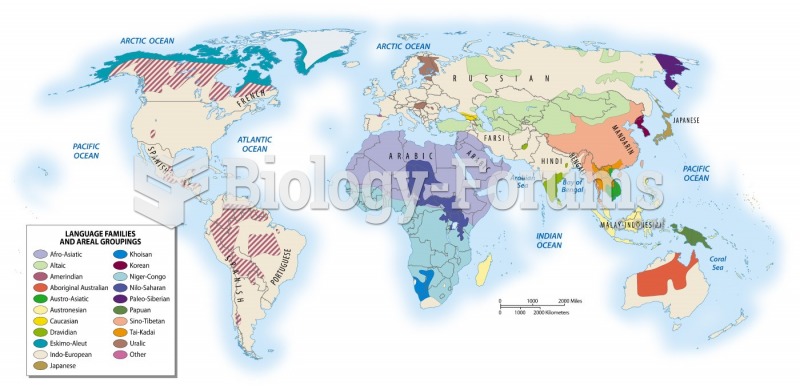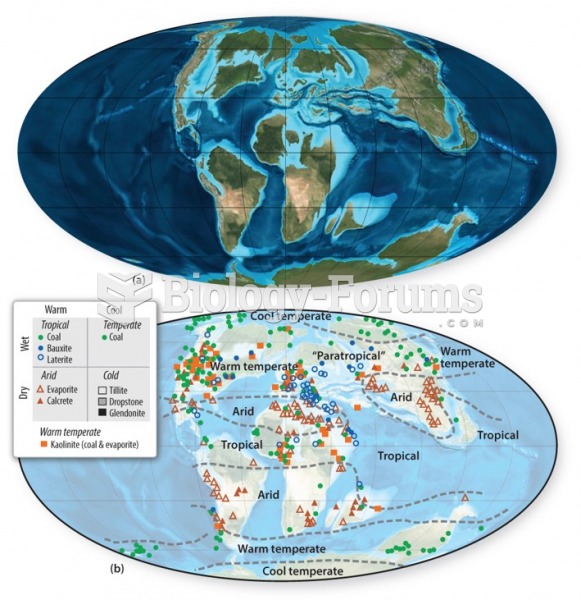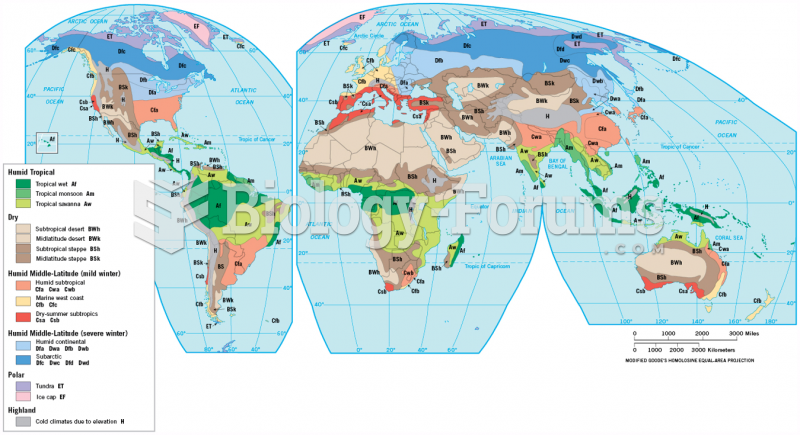Africa has approximately __________ of the world's land and __________ of the world's population.
a. 10 percent; 50 percent
b. 15 percent; 25 percent
c. 25 percent; 15 percent
d. 50 percent; 10 percent
Question 2
matching
1) social contagion
2) minimax strategy
3) emergent norms
4) panic
5) role extension
6) mass hysteria
7) moral panic
8) fad
9) craze
10) flash mob
11) fashion
12) urban legend
13) social movement
14) millenarian social movement
15) agent provocateur
A) Turner's and Killian's term for people developing new norms to cope with a new situation to explain crowd behavior
B) an imagined threat that causes physical symptoms among a large number of people
C) a sense of excitement that is passed from one person to another in an acting crowd
D) a story with an ironic twist that sounds realistic but is false
E) someone who joins a group in order to spy on it or sabotage it by provoking its members to commit extreme acts
F) the condition of being so fearful that one cannot function normally and may even flee
G) a very short and intense fad
H) a large group of people who are organized to promote or resist some social change
I) a social movement based on the prophecy of coming social upheaval
J) the incorporation of additional activities into a role
K) a behavior craze of 2003 that involved large numbers of participants engaging in harmless behavior as if on cue and then dispersing just as quickly
L) Richard Berk's term for the efforts people make to minimize their costs and maximize their rewards
M) a pattern of behavior that catches people's attention and lasts a relatively long time
N) a fear that grips a large number of people that some evil threatens the well-being of society followed by hostility or violence
O) a temporary pattern of behavior that catches people's attention
Question 3
Adultolescents would likely argue that they __________.
a. make too much money to live with their parents
b. have every right to continue to act like teenagers as long as they live on their own
c. have tried to please their parents too much
d. cannot afford to live on their own







